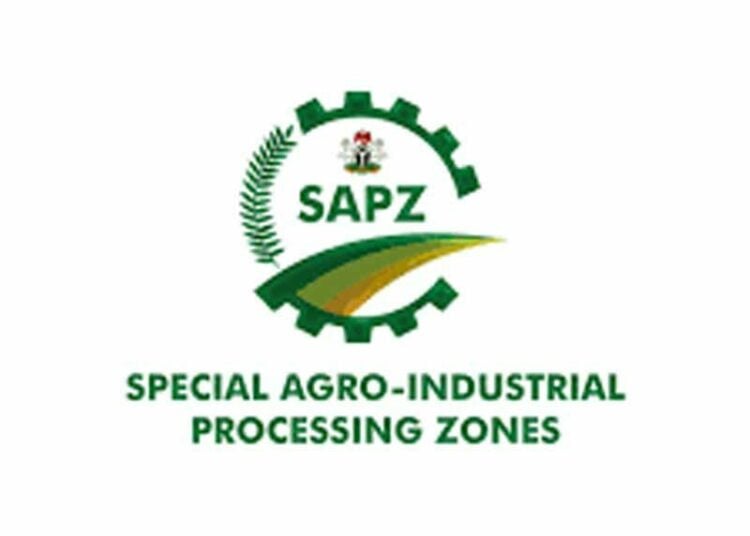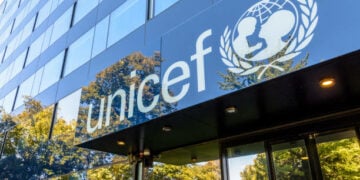The Special Agro-Industrial Processing Zones (SAPZ) under the International Fund for Agricultural Development (IFAD) has distributed home gardening toolkits to 1,445 households in eight local government areas of Kano State.
The four-day exercise, which began on 3rd October and ends today, targets 180 women from each of the benefitting local governments – Kura, Garun-Mallam, Bebeji, Dambatta, Gezawa, Dawakin-Tofa, Bichi and Bagwai.
At the ceremony in Kano, SAPZ state project coordinator Aminu Iliyasu explained that the Targeted Nutrition Support Programme initiative aims to empower households, particularly women and vulnerable groups, to cultivate nutrient-rich vegetables and crops at home.
He said, “The initiative is primarily designed to improve dietary diversity and ensure continuous access to fresh, nutrient-rich foods by enabling households to grow vegetables and small-scale crops within their homes.
“The programme provides appropriate gardening implements and inputs to help families cultivate varieties of vegetables suited to their local environment.
“Beyond improving nutrition, the initiative is expected to reduce household food expenses while creating opportunities for additional income through surplus produce sales,” he said.
Iliyasu added that the programme would address micronutrient deficiencies and malnutrition, particularly among children, pregnant women, and other vulnerable household members. It also aims to build self-sufficiency and reduce vulnerability to external shocks such as price fluctuations and food shortages.
In his remarks, Kano State Commissioner for Agriculture and Natural Resources Dr Danjuma Mahmoud described the initiative as embodying “a bold vision of a Nigeria where agriculture is not merely about subsistence but about empowerment.”
Represented by the ministry’s permanent secretary Bashir Sanusi, said the programme aligned with Governor Abba Kabir Yusuf’s administration commitment to strengthening agriculture as a driver of empowerment and prosperity.
He said the SAPZ programme represented a collaborative effort among the federal government, the Islamic Development Bank, IFAD, state governments, the private sector and farming communities to transform Nigeria’s agricultural sector into an engine of inclusive growth and rural development.





